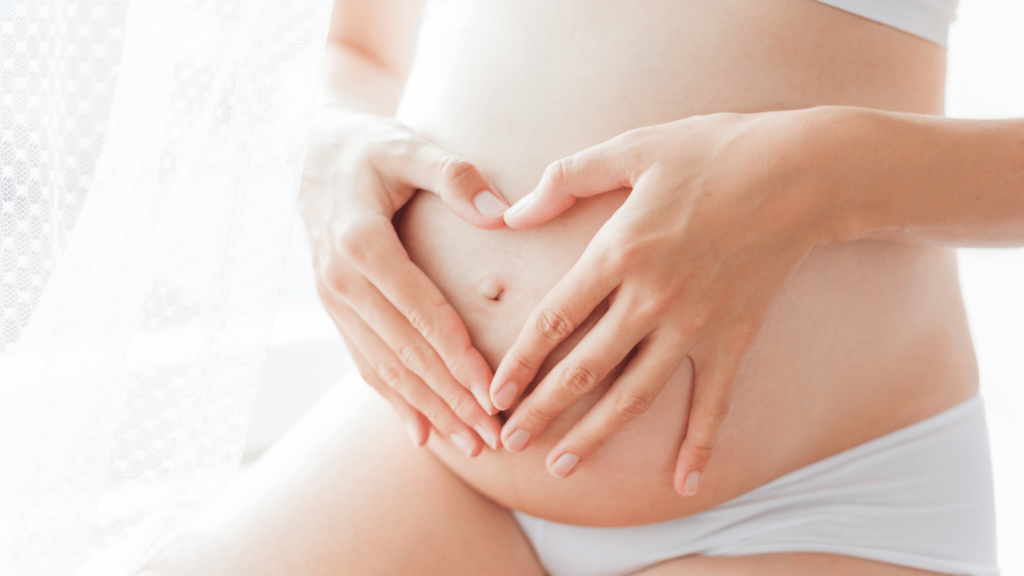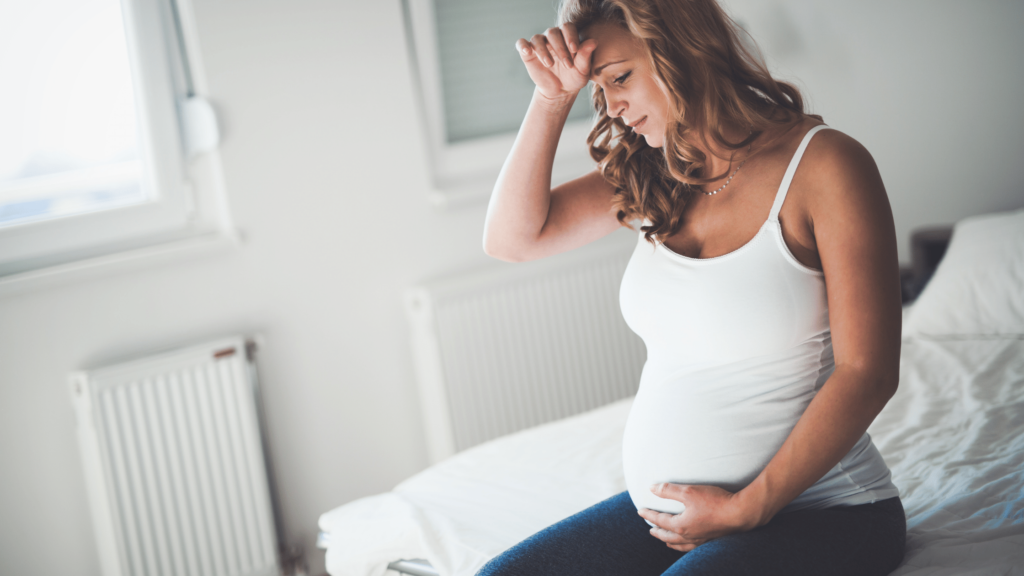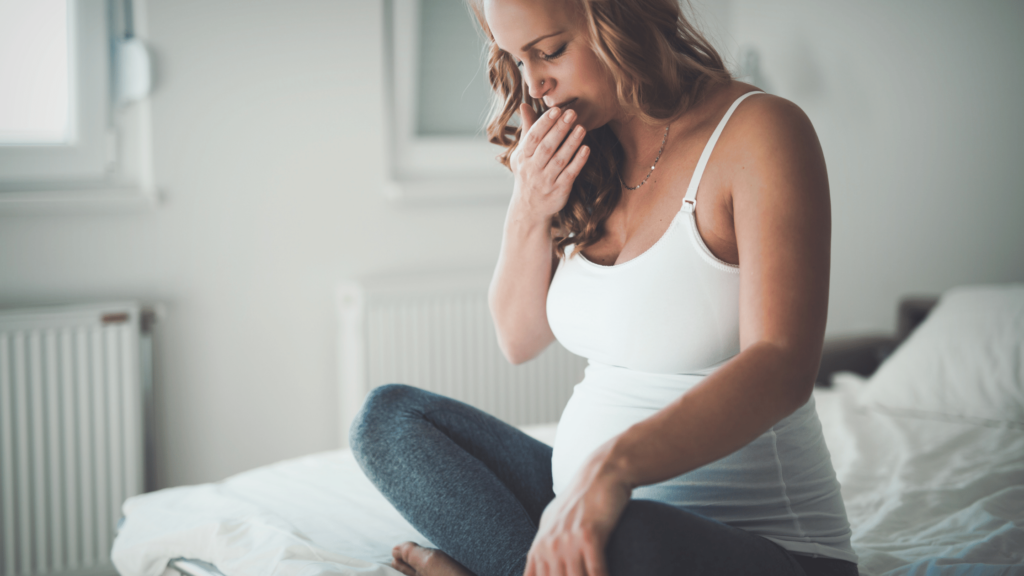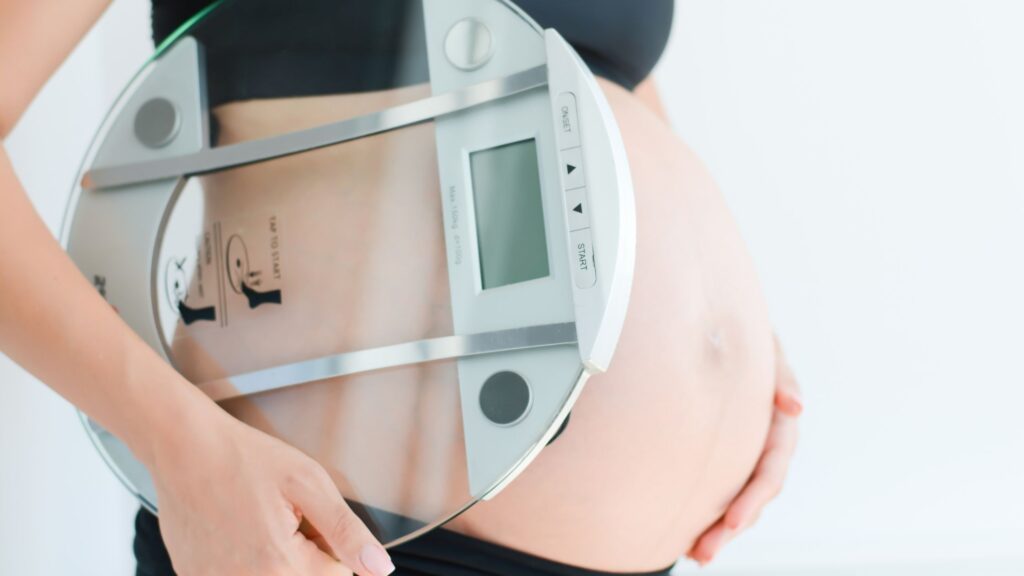
What is the recommended pregnancy weight? How much weight gain is too much? How much is too little?
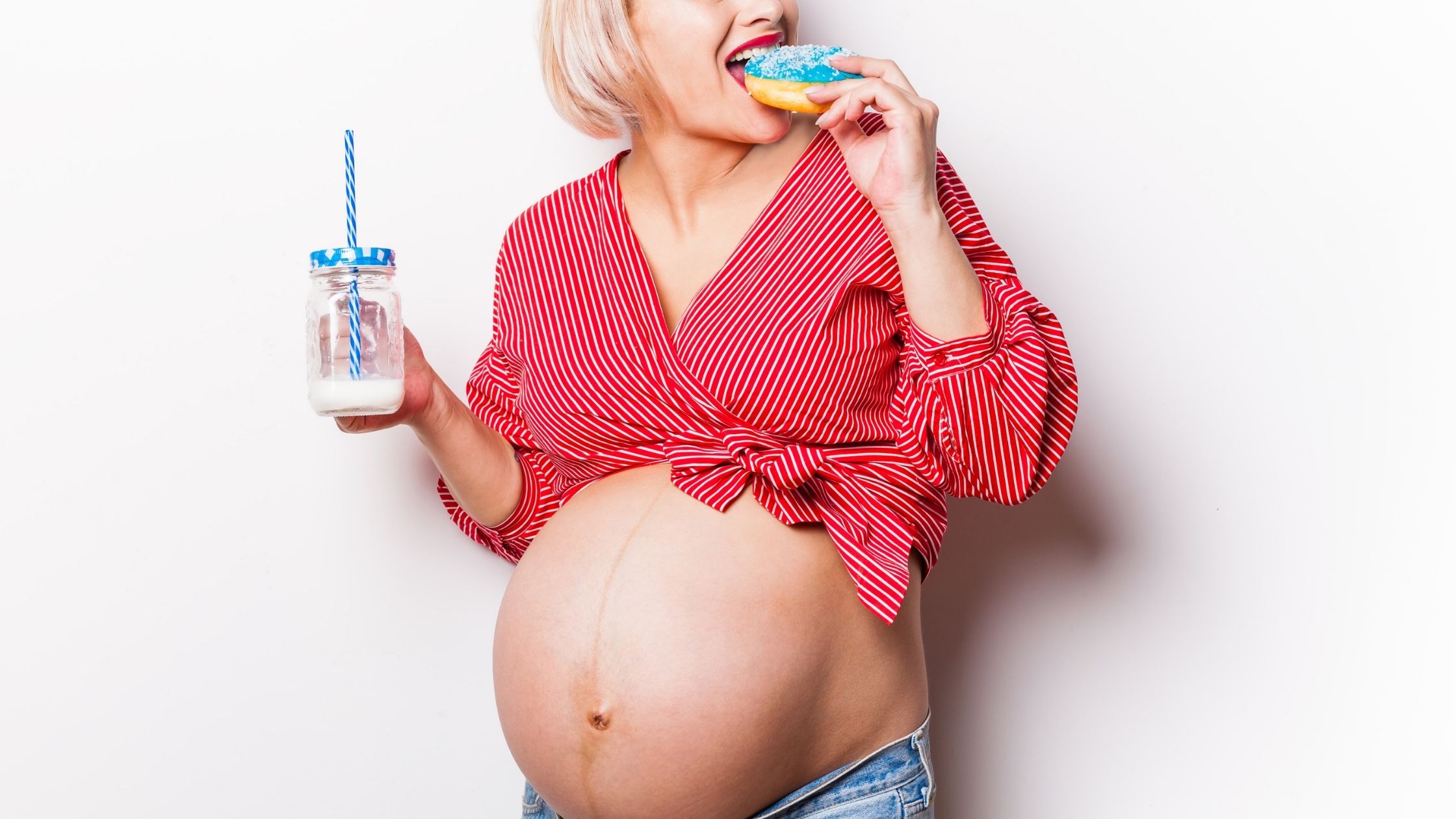
Weight gain has always been a controversial topic, especially in the case of pregnant women. The truth is, weight gain is absolutely normal and healthy during pregnancy. As a general guideline, if you are at a healthy weight before getting pregnant, gaining an extra 11kg to 16kg is normal. If you were underweight before, you would need to gain more weight. Conversely, you should gain less if you were overweight before.
That being said, there is no one-size-fits-all approach to determine pregnancy weight gain. Many women gain more weight than the recommended range, yet are still perfectly healthy. There are many factors at play here.
How Much Weight Do Women Gain During Their First Trimester?
Generally, women tend to gain 0.5kg to 2kg in the first trimester, followed by 0.5kg every week for the rest of the pregnancy. However in reality, every pregnancy is different and may not necessarily follow this pattern of weight gain. Some women don’t gain much weight at all during the first trimester. In fact, some women even lose weight in this period due to the constant vomiting and nausea caused by morning sickness. On the other hand, you might gain weight rapidly (up to 5kg even!) in the first trimester, before slowing down during the rest of the pregnancy.
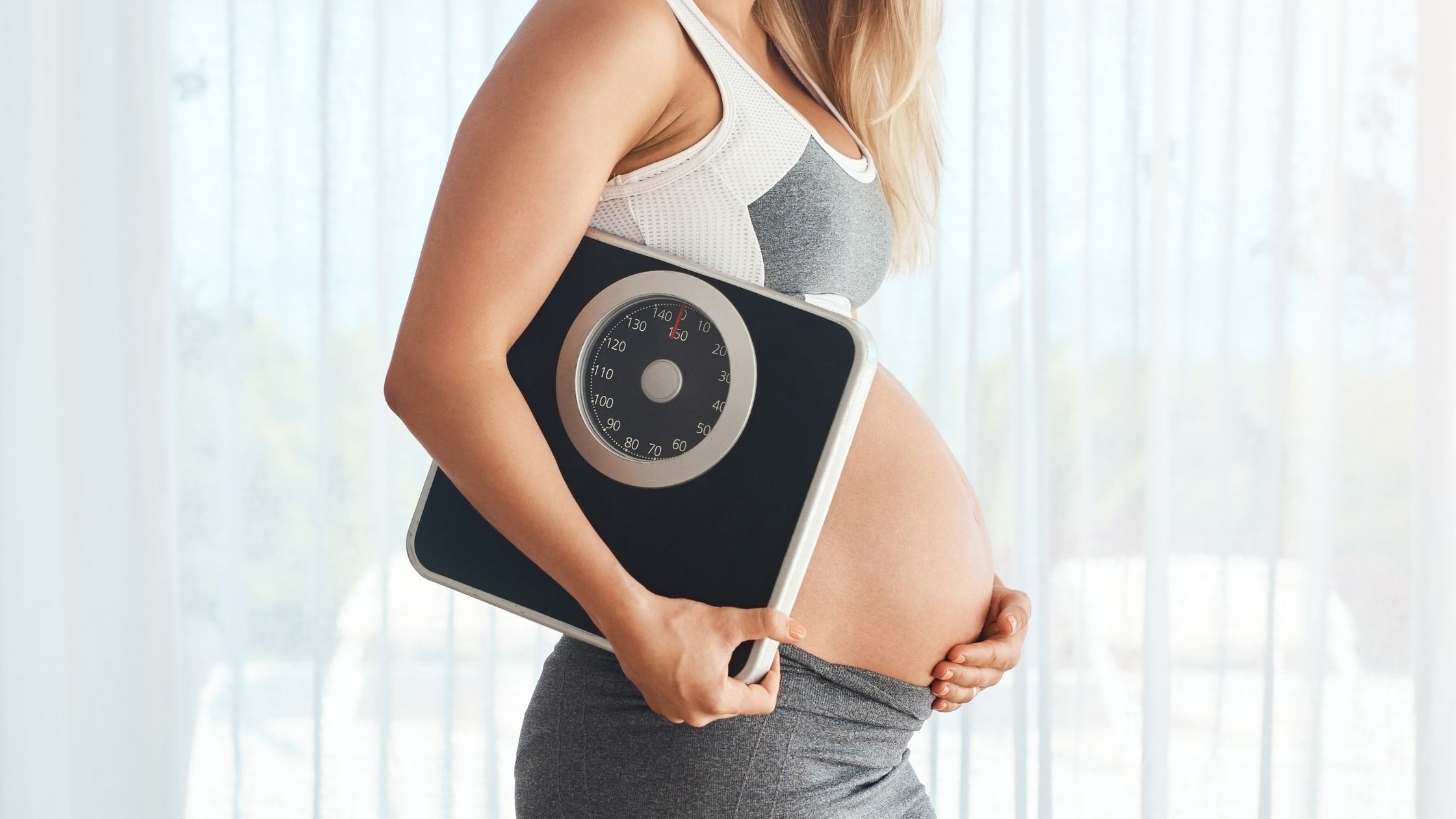
What is Pregnancy Weight Made Up From?
Most people think that if you gain weight during pregnancy, it means you gained more fat. That is untrue! Fat only makes up a small percentage in the added weight.
- Fat storage for breastfeeding
Pregnant women gain 2kg to 5kg of fat as the body prepares for breastfeeding after delivery. Fat cells stored in the body is used to produce milk and feed your baby. This is also why breastfeeding mothers tend to shed their pregnancy weight faster.
- Breast Tissue
Similar to the increase in fat cells, your breast tissues will also grow in size to prepare for breastfeeding. This may add around 1kg of additional weight to your body.
- Muscle Mass
Most women come to realize the benefits of exercising during pregnancy. When you exercise, your body weight tends to increase slightly as you gain more muscle mass.
- Blood Volume
Did you know your body’s blood volume will increase by 50% during pregnancy? That translates to approximately 2kg extra weight! The extra blood volume is needed to carry oxygen to your baby and the rest of the body. This is another reason why pregnant mothers often have swollen hands and feet.
- Growing Uterus and Baby
As your baby and uterus grows in size, this packs on additional weight as well. Your uterus may weigh up to 2kg, while your baby may weigh around 3kg to 4kg near the end of the pregnancy.
- Placenta
Placenta is a completely new organ that only grows during pregnancy, and it may weigh up to 1kg.
- Amniotic fluid
Amniotic fluid is the fluid that surrounds your baby in the uterus. It is an important part of your baby’s development. Low amniotic fluid is dangerous, hence it is always safer to have more amniotic fluid as your pregnancy progresses. Amniotic fluid in the body weighs approximately 1kg.
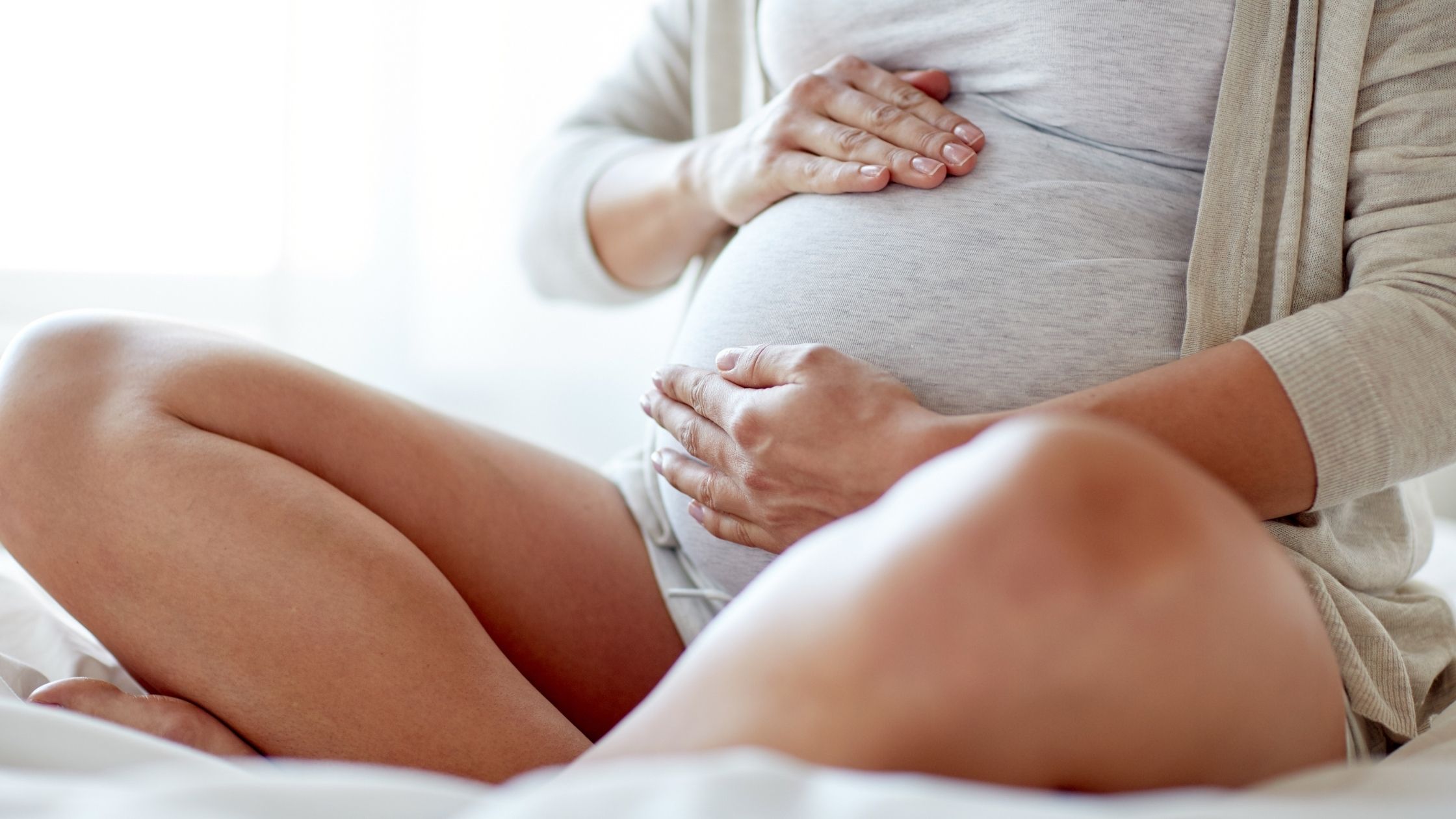
With that in mind, now you know why it makes sense to gain at least 10kg of weight during pregnancy in order to deliver a healthy and strong baby!
The mental pressure of gaining weight (or not!) adds stress to many pregnant women, on top of dealing with existing pregnancy woes. But here’s the truth: too much or too little weight gain is usually not an issue. It only becomes an issue when the baby is not growing properly.
As new mothers, women should realize that your bodies are incredible and stop obsessing over the perfect body, and follow your bodily cues. If you are feeling hungry, eat! But do know that pregnancy is not a license to eat for two and to give in completely to your pregnancy cravings. Eating a healthy and balanced diet is the way to go. And most importantly, trust that your body is getting the right nutrition and gaining the right amount of weight to nurture a wonderful new life inside!

